(From Mumbai University)
The Bombay Flying Club, a cornerstone of Indian aviation since 1928, has a rich history of innovation and shaping the future of flight. Our unwavering commitment to excellence focus on exceptional education and training, propels students towards fulfilling careers in the world of aviation.
Our B.Sc. (Aeronautical Engineering) degree program unlocks the world of aeronautics – the science and engineering that powers flying machines. This comprehensive program equips you with the theoretical knowledge and practical skills needed to excel. Aeronautical engineering encompasses the design, development, and construction of airplanes, rockets and more.
The Bombay Flying Club’s College of Aviation
has been established to give an aspiring airline pilot a distinct advantage!
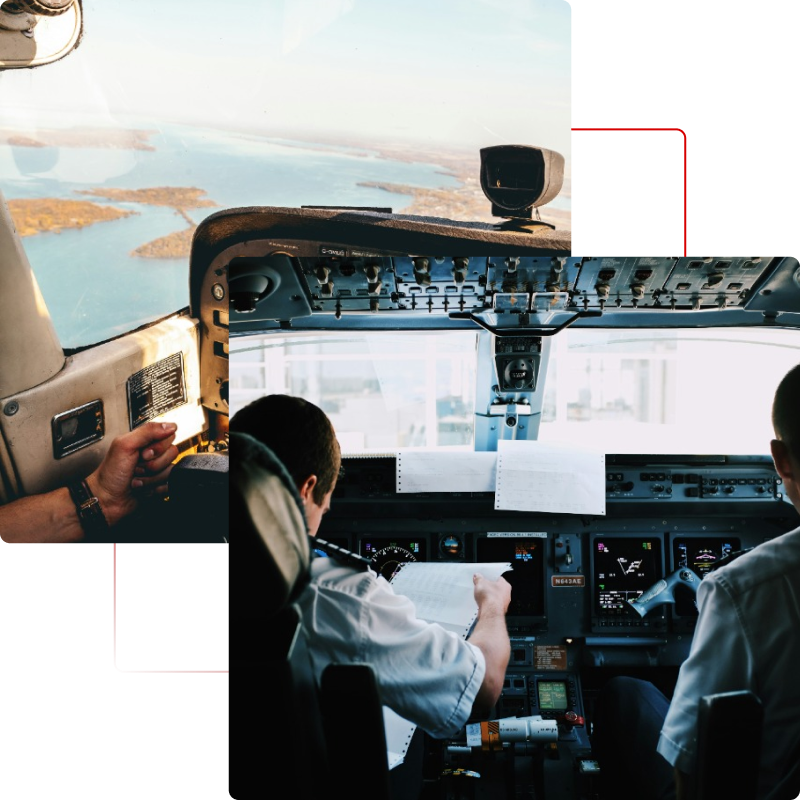
The Bombay Flying Club’s B.Sc. (Aeronautical Engineering) degree gives you a clear edge:
The BSc Aeronautics program equips you with the technical knowledge and a strong foundation for a successful career with vast potential for growth and leadership in the exciting world of aeronautical engineering.
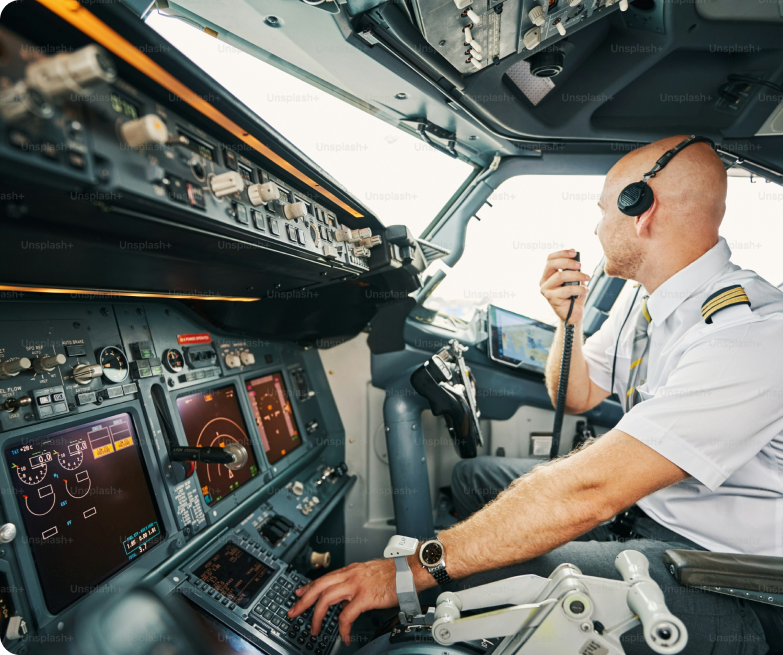
Invest in your future with confidence. Our students have secured jobs with leading aviation industry players, a testament to the quality of education and training we provide. Join our aviation courses and embark on a rewarding career in the field of aviation.






The syllabus of The Bombay Flying Club’s College of Aviation B.Sc. (Aeronautics) Degree course includes all subjects required to qualify for issue of Commercial Pilots Licence and includes global best practices by international aviation authorities.
Various projects as given in the T.Y.B.Sc. syllabus will be interactive with experienced Instructors to give students an insight to the finer points of the Aviation Industry. These projects will be updated constantly depending on the requirement of airlines worldwide.
Various projects as given in the T.Y.B.Sc. syllabus will be interactive with experienced Instructors to give students an insight to the finer points of the Aviation Industry. These projects will be updated constantly depending on the requirement of airlines worldwide.
Various projects as given in the T.Y.B.Sc. syllabus will be interactive with experienced Instructors to give students an insight to the finer points of the Aviation Industry. These projects will be updated constantly depending on the requirement of airlines worldwide.
Various projects as given in the T.Y.B.Sc. syllabus will be interactive with experienced Instructors to give students an insight to the finer points of the Aviation Industry. These projects will be updated constantly depending on the requirement of airlines worldwide.
Semester 3 likely delves deeper into core aeronautical and avionics subjects. Aircraft Structures (I) could introduce the analysis of forces acting on aircraft components. Thermodynamics explores the relationship between heat and other forms of energy, which is crucial for engine performance. Avionics Systems (I) could provide a detailed overview of specific avionics systems. Digital Electronics would build upon the basics learned in semester 2 and focus on digital circuits used in avionics. Programming for Engineers equips students with the ability to write code for applications in avionics.
Semester 4 focuses on advanced topics related to aircraft and avionics. Aircraft Propulsion covers the working principles of different aircraft engines. Aircraft Performance explores factors affecting aircraft flight characteristics. Avionics Systems (II) could delve deeper into specific avionics functionalities. Control Systems explores the mechanisms used to control an aircraft’s flight path. Data Communication & Networks covers the communication protocols and networks used in avionics systems.
Semester 5 introduces advanced theoretical concepts and practical applications. Flight Mechanics analyzes the forces and moments acting on an aircraft during flight. Aircraft Structures (II) could focus on advanced structural analysis techniques. Inertial Navigation Systems (INS) explores a critical navigation technology used in modern aircraft. Digital Signal Processing deals with the processing of digital signals used in avionics systems. Project Management equips students with the skills to manage engineering projects.
Semester 6 focuses on industry practices and prepares students for professional careers. Airworthiness and Certification covers the regulations and processes for ensuring aircraft safety. Avionics Integration explores how various avionics systems work together in an aircraft. Elective Courses allow students to specialize in specific areas of avionics. The Project (or Internship) provides an opportunity to apply their knowledge and skills to a real-world project or gain practical experience through an internship.

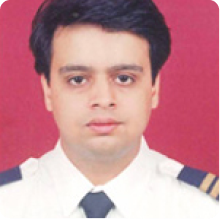
D. Chief Flying Instructor, President & DGCA Approved Examiner
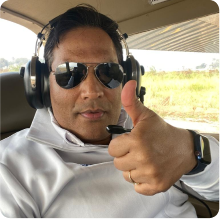
Principal, Chief Engineer & Maintenance Manager
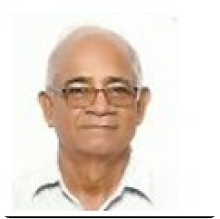
Accountable Manager, PPL
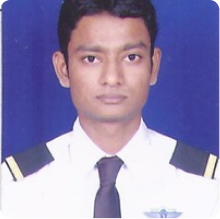
D. Chief Flying Instructor, President & DGCA Approved Examiner
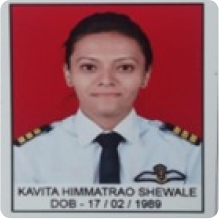
Flight Instructor Incharge
Eligibility: HSC (10 + 2 ) of MSBHSC or equivalent of any other Government state board with minimum 45% marks in aggregate ( 40% for reserve category) with English, Physics and Mathematics subjects. OR
Diploma (10 + 3) awarded by MSBTE or equivalent by any other Government body in following branches of engineering.
Mechanical
Electronics
Electrical
Computer
Information Technology
Automobile
Industrial Electronics
Radio Engineering and Telecommunication
Instrumentation
At the time of applying for admission, the Candidate should submit completed Admission Form along with following Original Certificates and two attested Xerox copies.
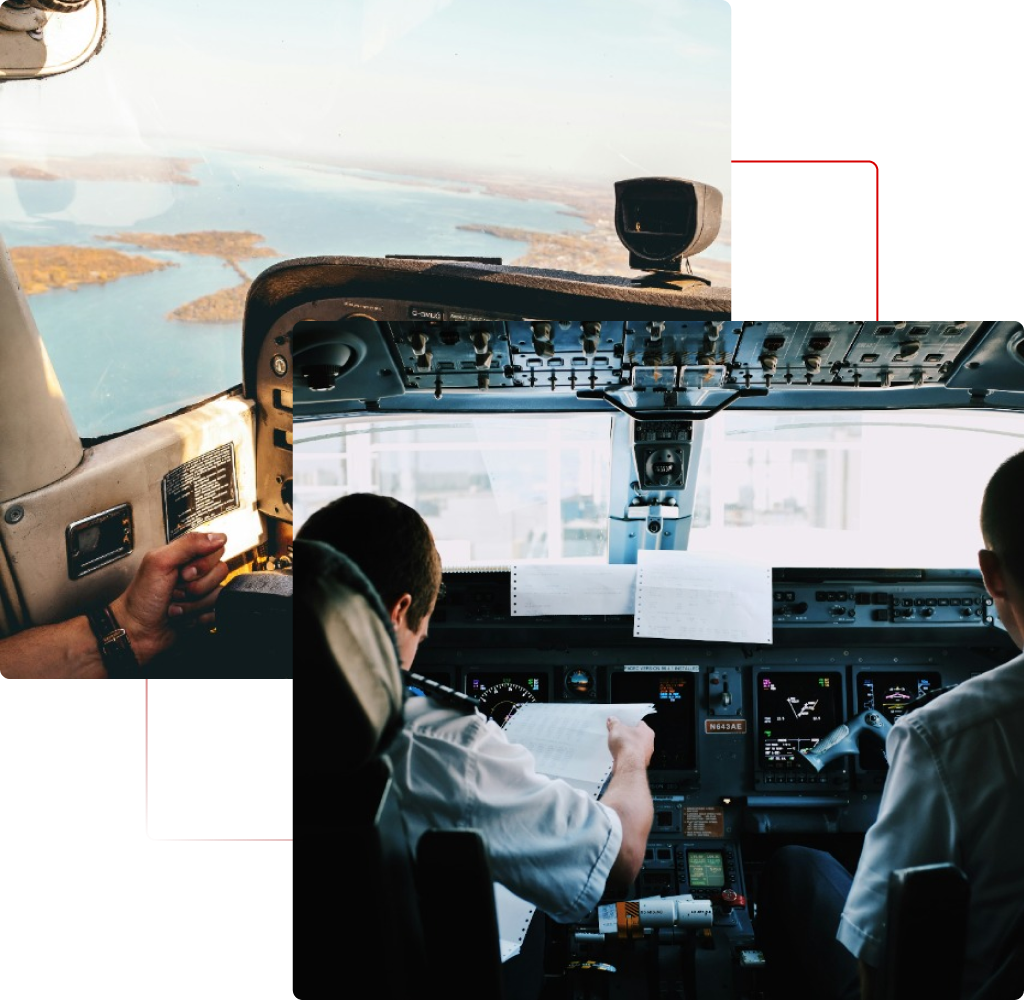
We have maintenance facilities, Live Engines, Instruments Workshops – the students get “Hands On” practical experience along with the theory classes, “State of Art”, modern classroom facilities with highly qualified, motivated and experienced instructors.
The Govt. of Maharashtra has allotted us an airport in GONDUR (DHULE), near Nashik, Maharashtra, which is exclusively for our to conduct flying training. The airport has night Flying Facilities, simulated instrument Flying, State of Art classrooms, air-conditioned accommodation with separate hostels for boys and girls, Cafeteria facility, swimming pool, jogging track & gym.
By Cash/Cheque/BC/DD
In favor on “The Bombay Flying Club’s College of Aviation”.
Year 1 –
Year 2 –
Year 3 –
For further details on fees structure, scholarships, additional costs and payment schedule kindly contact our counsellors by filling the BSc Aviation enquiry form.

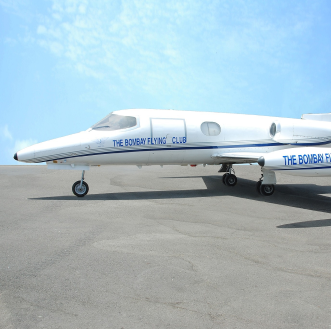
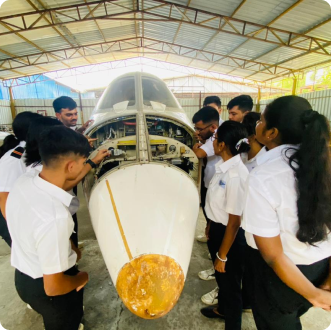
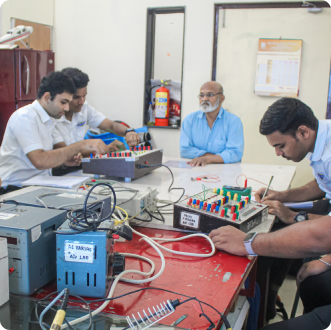
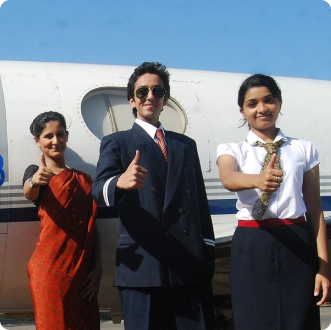
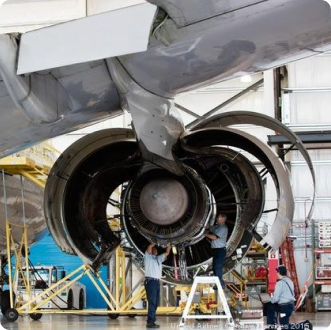
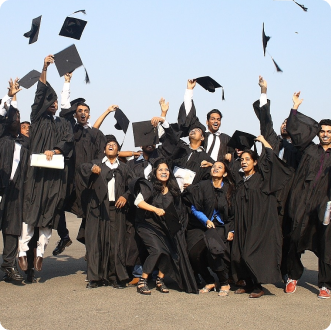
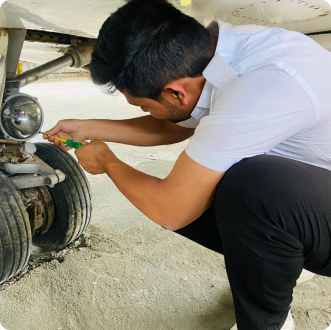









“ I’ve finally got selected as a cabin attendant for IndiGo airlines. And hopefully I’ll start flying soon. It wouldn’t have been without the entire ASH staff, thank you so much for the consistent efforts you’ll have put into me. It means alot.”

“ I truly enjoyed this [Aviation Safety and Hospitality] course. It was amazing and exciting from the very first day as it inspired me alot. The instructors were exceptional–very knowledgeable and willing to answer questions as they came up. We had practical as well as informative sessions.”

“ The Aviation Safety and Hospitality diploma course that I took up at The Bombay Flying Club was indeed a very valuable journey as it thought me various aspects of the aviation industry, right from communication to grooming, service, first aid, ground handling, technical details, and a lot more of fun-filled practical sessions.”

Aviation Safety and Hospitality Batch 2017-2018
” I’ve finally got selected as a cabin attendant for IndiGo airlines. And hopefully I’ll start flying soon. It wouldn’t have been without the entire ASH staff, thank you so much for the consistent efforts you’ll have put into me. It means alot.”

Ash 2018-2019 Cabin Crew Air India
“I truly enjoyed this [Aviation Safety and Hospitality] course. It was amazing and exciting from the very first day as it inspired me alot. The instructors were exceptional–very knowledgeable and willing to answer questions as they came up. We had practical as well as informative sessions.”

ASH Batch 2021-2022
“The Aviation Safety and Hospitality diploma course that I took up at The Bombay Flying Club was indeed a very valuable journey as it thought me various aspects of the aviation industry, right from communication to grooming, service, first aid, ground handling, technical details, and a lot more of fun-filled practical sessions. “

The B.Sc. (Aeronautical Engineering) degree program at The Bombay Flying Club is a three-year program in accordance to the rules and regulations of the university of mumbai.
This program equips you for a variety of exciting careers in the aviation and aerospace industries, including:
Starting salaries can vary depending on factors like specific job role, company size and location, and your experience level. However, a B.Sc. (Aeronautical Engineering) degree positions competitively for entry-level engineering positions within the aviation and aerospace industries.
Yes! To be eligible, you should have completed your 12th grade education (HSC or equivalent). Check Eligibility criteria mentioned above for more details.
Our program offers several advantages, including: